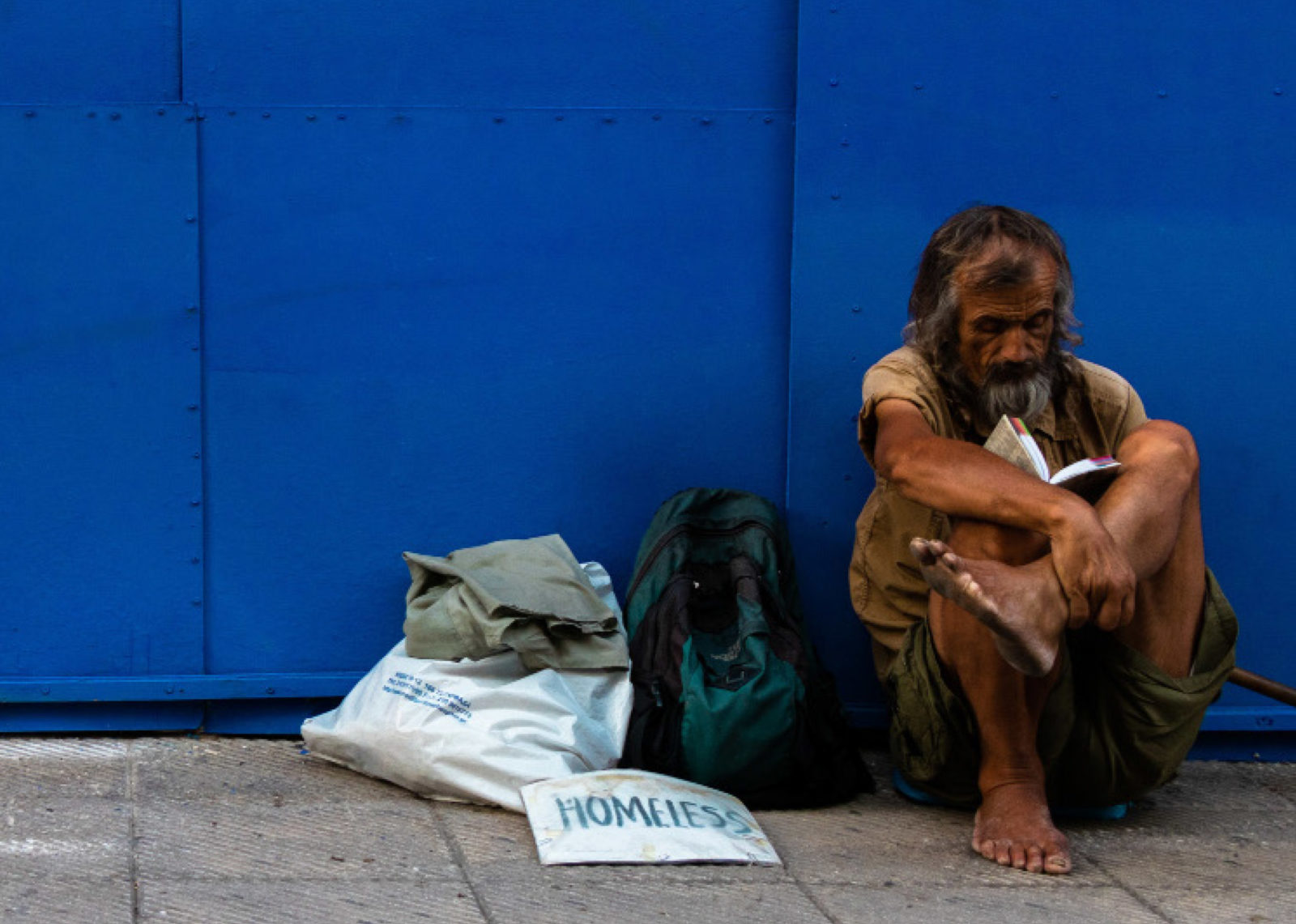Compassion with Results
Download PDFExecutive Summary
Cities across the United States are struggling to address the homelessness crisis. The latest point-in-time survey found 552,830 people experiencing homelessness in the United States, including 194,467 people living unsheltered in tents, cars, and on the streets.1
The purpose of this paper is to provide a roadmap for immediate impact for American cities and counties on the issue of homelessness. We propose a plan that will dramatically reduce public camping, drug consumption, and street disorder within 30 to 60 days of implementation. While the long-term goals
for subsidized and permanent supportive housing are necessary components of public policy in many jurisdictions, we believe these plans must be supplemented with the short-term objectives of creating an emergency “safe ground” facility and adopting a policy of “compassionate enforcement” that will deliver immediate results to the citizens, families, and homeless individuals across the country.
In contrast to jurisdictions like San Francisco, Los Angeles, and Seattle, which have spent billions of dollars per year on homelessness and have only seen the problem worsen,2 this paper will argue that “unlimited compassion” is the road to ruin. Our goal is to present city and county governments with an alternative that will take care of those in need and, at the same time, create a community that is safe, clean, and vibrant for everyone.
We have modeled this plan on best practices from cities that have delivered cost-effective and rapid results:
- Modesto, California, moved 400 people into a “safe ground” emergency shelter within 30 days and reduced quality-of-life crimes by 83%.
- Burien, Washington, completely eliminated camping in public parks within 30 days through a low-cost policy of “compassionate enforcement.”
- San Diego, California, built an emergency shelter and moved 700 people off the streets within 60 days through a public-private partnership. In this policy paper, we propose a series of short- and long-term measures that will help people in distress, comply with the Martin v Boise decision, and dramatically reduce the social disorder associated with street homelessness:
- Immediately build a “safe ground” facility for the unsheltered population
- Adopt a policy of “compassionate enforcement”
- Enforce a strict ban on public camping
- Implement policies to mitigate the addiction crisis
- Orient services around a philosophy of transformation
- Provide paid work opportunities for people in need
- Lobby for conservatorship for the severely mentally ill
Voters in communities with high rates of homelessness deserve action. Cities and counties have the opportunity to make tangible and immediate progress. Let’s get to work.
